Oil & Gas Veteran Sees More Opportunities in Low Oil Price Environment
 ABIS Projects has won a clutch of contracts worth around £1million over the next 15 months. The oil and gas project services consultancy has secured frame agreements and call-off contracts with ADTI, Hunting, Talisman Sinopec and North Sea newcomer, MOL.
ABIS Projects has won a clutch of contracts worth around £1million over the next 15 months. The oil and gas project services consultancy has secured frame agreements and call-off contracts with ADTI, Hunting, Talisman Sinopec and North Sea newcomer, MOL.
Aberdeen-based ABIS Projects is working with these new clients providing multi-discipline resources covering business strategy, acquisitions, risk, projects and management systems across the supply chain.
Francis Kiernan, who acquired an interest in ABIS Projects earlier this year, said: "With the considerable drop in oil price, the focus in the North Sea once again turns to innovative ways of working which will deliver cost-efficiencies and greater value. A one size fits all approach is no longer sustainable. The ability to take a commodity, whether it be intellectual property, material, goods or supply chain risk and turn it into a value proposition is now required".
The oil price has dropped by more than 25% in recent months and Mr Kiernan said that this is exacerbated by high production costs. "Unit operating costs have risen 62% since 2011. The industry has lost sight of achieving optimal value for minimal cost. We need a much better alignment of cost and value."
Mr Kiernan, who has been involved in the oil and gas industry for over 30 years, has been through several downturns. He said: "The cyclical economics of oil and gas are nothing new and we are already dipping into a downturn. I reckon we will have three years of challenging times before we get back to the highs of this summer. And these challenges are going to be similar to the ones we faced in the early nineties when the UKCS contracting model changed dramatically, when there was fundamentally a balance sheet transfer from the oil company to the supplier."
During this coming period, companies will be focused on doing things smarter. Mr Kiernan believes that oil companies will be more willing to look at creative opportunities to work with suppliers who have the flexibility to expand in a contracting market because they are willing to work more innovatively.
"While this is not good news for the big service companies, who need to pursue volume and service their overheads, it is good news to the smaller companies who can interpret and deliver what an oil company needs and meet that need through a boutique service with high-end intellectual property and value.
"Smaller, nimbler oil companies, like MOL, have clear terms of reference and want to engage with suppliers on how they can really work together to deliver value and not just add cost," Mr Kiernan said. "Suppliers, like Hunting Energy Services, who are growing and maturing with a unique offering in the marketplace, are able to offer what their customers want which is a reduction in inventory and capital balance to allow their clients to shift their focus forward to exploration and development."
Mr Kiernan is also forecasting opportunities in the Norwegian sector for UK companies. He explained: "Norway has invested heavily in best-in-class technology and operations but the Norwegian Continental Shelf (NCS) has reached a production plateau. Having peaked in terms of high end capital investment, the NCS must now embrace more effective business models and contractual arrangements to regain competitiveness. This will lead to the recalibration we saw in the UKCS in the nineties, which until now, Norway has resisted and potentially open up opportunities for UK companies who learnt the lesson of optimal value for minimal cost and are prepared to return to this mind-set."
Mr Kiernan has served as a of several companies in the UK and Scandinavia including Nexus Ltd, Aker Operations, Aker Kvaerner, Kvaerner Oil and Gas, Dietsmann Morgan Moore and Press Offshore/AMEC


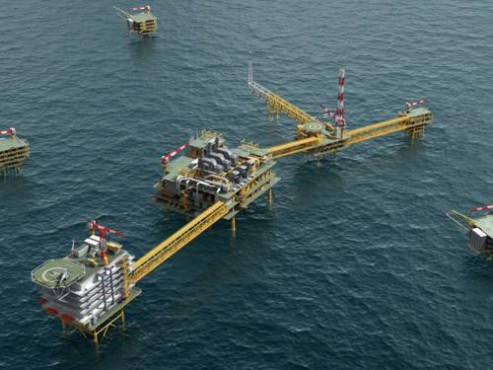 Total
Total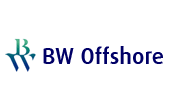
 BW Offshore
BW Offshore
 Tesla Offshore LLC,
Tesla Offshore LLC, It was also announced that Tesla Offshore co-founder, and current Senior Vice President of Sales & Marketing, C. D. Schempf, Jr., (right) will assume the leadership role as President of Tesla Offshore. Fellow co-founder, Donald W. Spicer, will continue in his role as Senior Vice President and General Manager of the company.
It was also announced that Tesla Offshore co-founder, and current Senior Vice President of Sales & Marketing, C. D. Schempf, Jr., (right) will assume the leadership role as President of Tesla Offshore. Fellow co-founder, Donald W. Spicer, will continue in his role as Senior Vice President and General Manager of the company.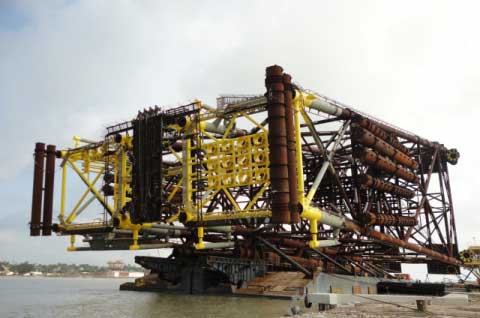 McDermott International, Inc.
McDermott International, Inc.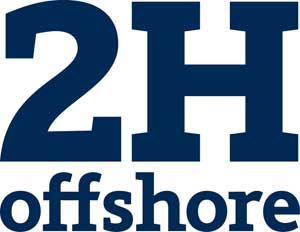 2H Offshore,
2H Offshore,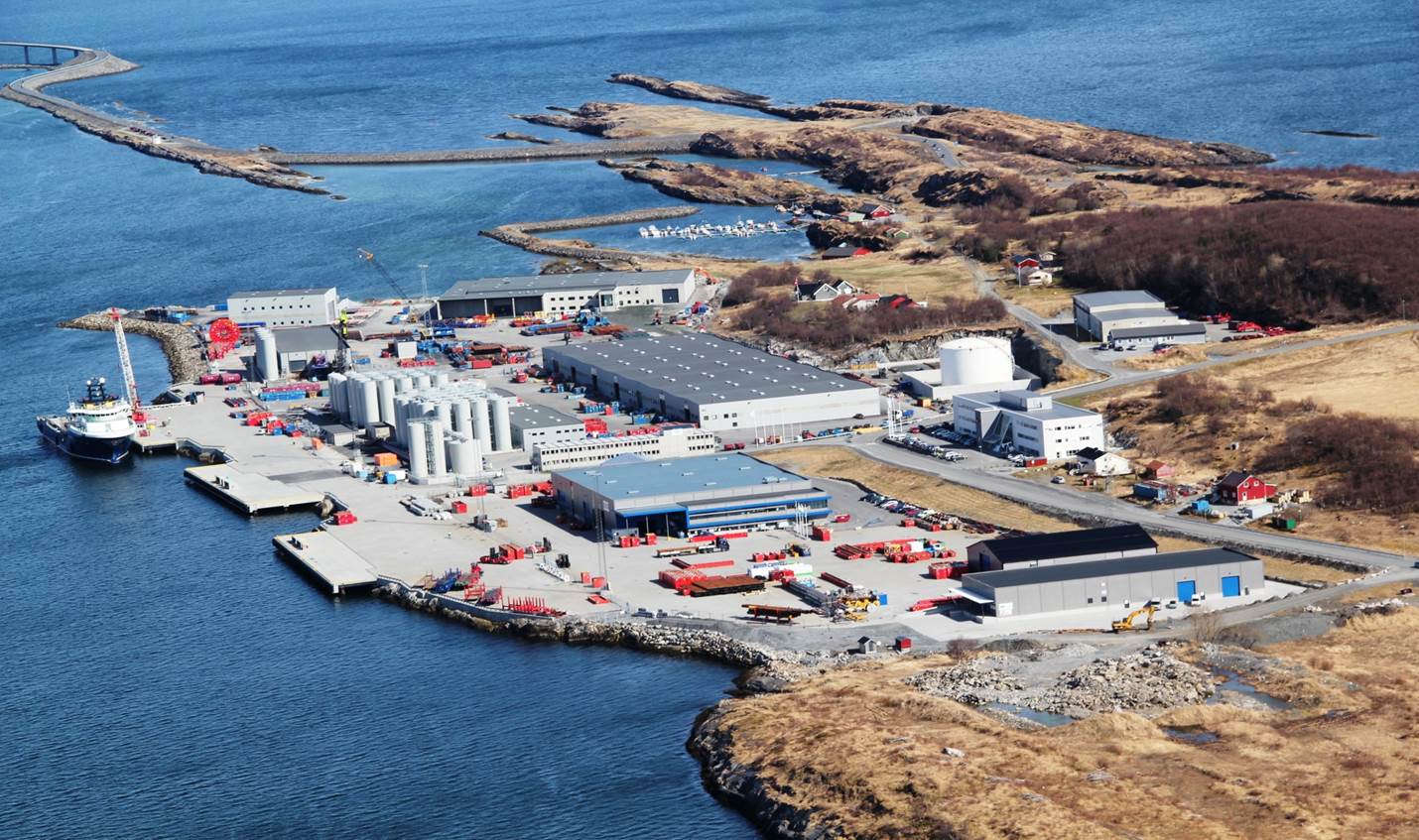 Leading international oil and gas service company,
Leading international oil and gas service company, Increase needed to keep pace with inflation, preserve deterrent effect
Increase needed to keep pace with inflation, preserve deterrent effect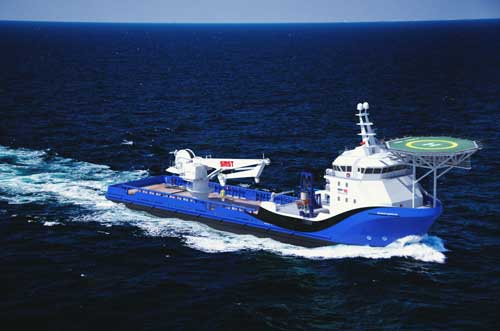 Bibby Offshore's Houston-based division,
Bibby Offshore's Houston-based division,  NYC-based
NYC-based  LQT Industries, LLC
LQT Industries, LLC ABIS Projects
ABIS Projects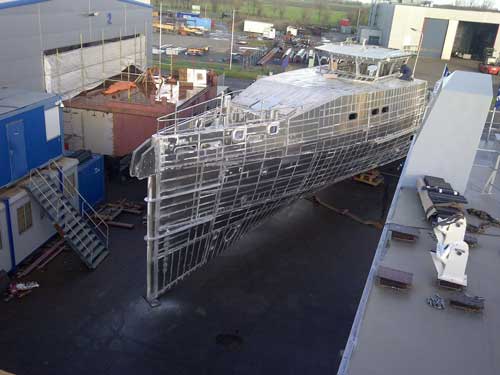 The first Damen Stan Patrol 3007 has arrived at
The first Damen Stan Patrol 3007 has arrived at 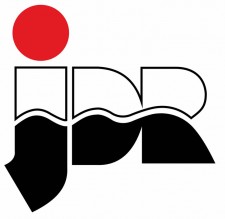 JDR
JDR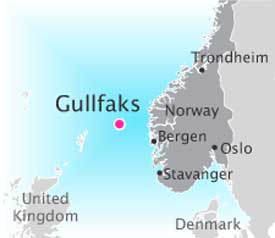 Statoil
Statoil